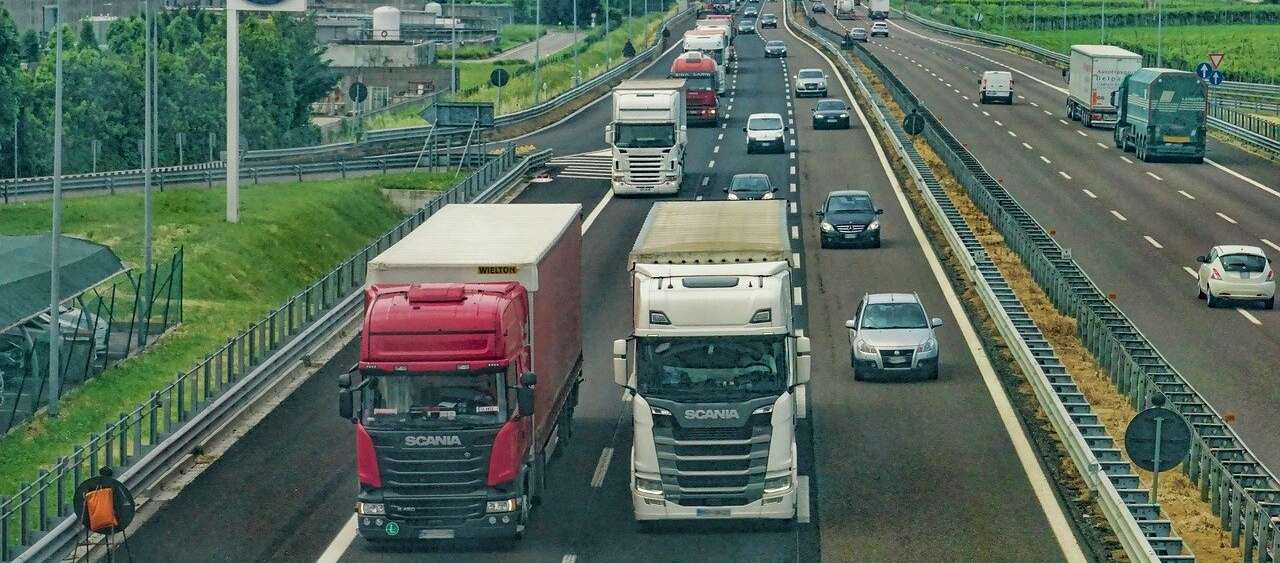As Canada’s new vaccine mandate for cross-border truckers goes into effect, a University of Guelph food economist wonders whether there might be better ways to reduce the spread of COVID-19 while keeping Canada’s food supply strong.
Dr. Mike von Massow is a professor in the Department of Food, Agricultural and Resource Economics in the Ontario Agricultural College. He researches supply chain management and food value chain structure and performance.

He says if the new vaccine mandate reduces the number of truckers who can cross the border, it will undoubtedly disrupt the food supply chain — at a time when there is already a shortage of truckers across North America.
Given that almost all of Canada’s fresh produce comes from the U.S. and South America at this time of year, food shortages will lead to price increases, which are often disproportionately borne by those are food insecure.
But von Massow points out that trucking is a relatively solitary activity and wonders if there aren’t other ways to mitigate the risk from truckers without disrupting the flow of food from the U.S.
The usual mitigation methods that have been effective in this pandemic such as requiring masks, regular testing and vaccination mandates at restaurants may be better approaches, considering how little interaction truckers have with others while they are working.
“It seems to me that [these alternatives offer] a reasonable compromise and dramatically reduce the risk associated with unvaccinated truckers,” von Massow recently wrote on his Food Focus blog.
Von Massow also recently spoke to The Globe and Mail about the decision by the Windsor-Essex County Health Authority to pause new migrant-worker arrivals within the region.
He is available for interviews.
Contact:
Dr. Michael von Massow
mvonmass@uoguelph.ca
